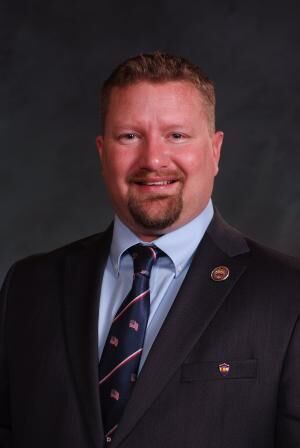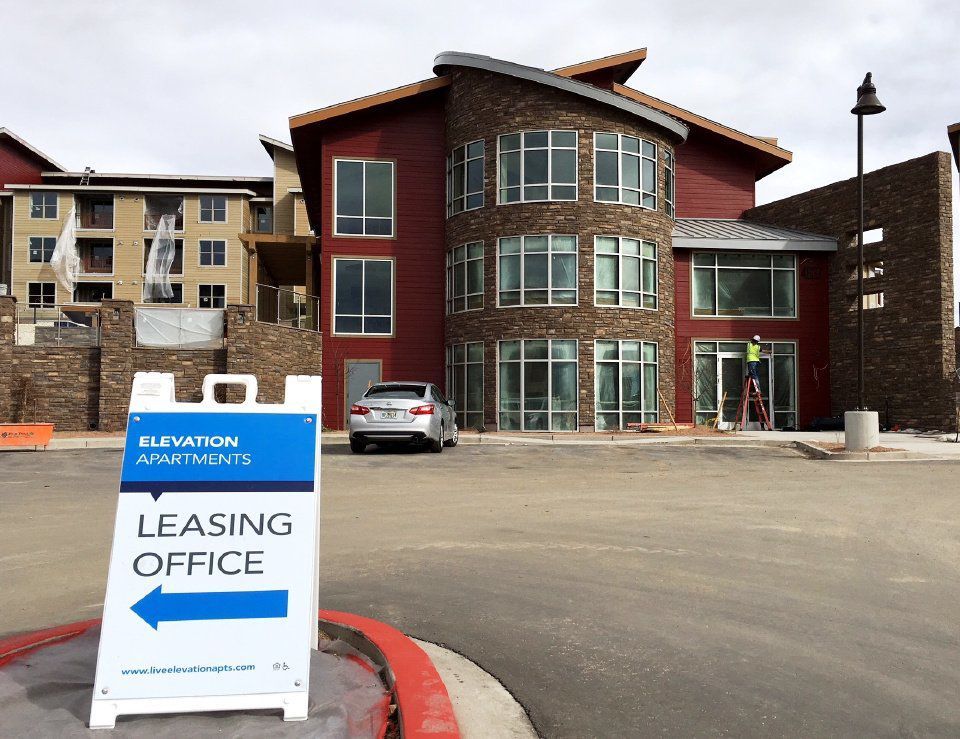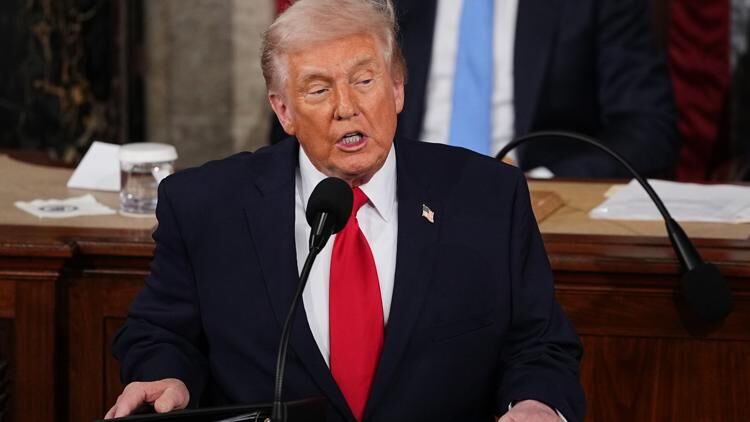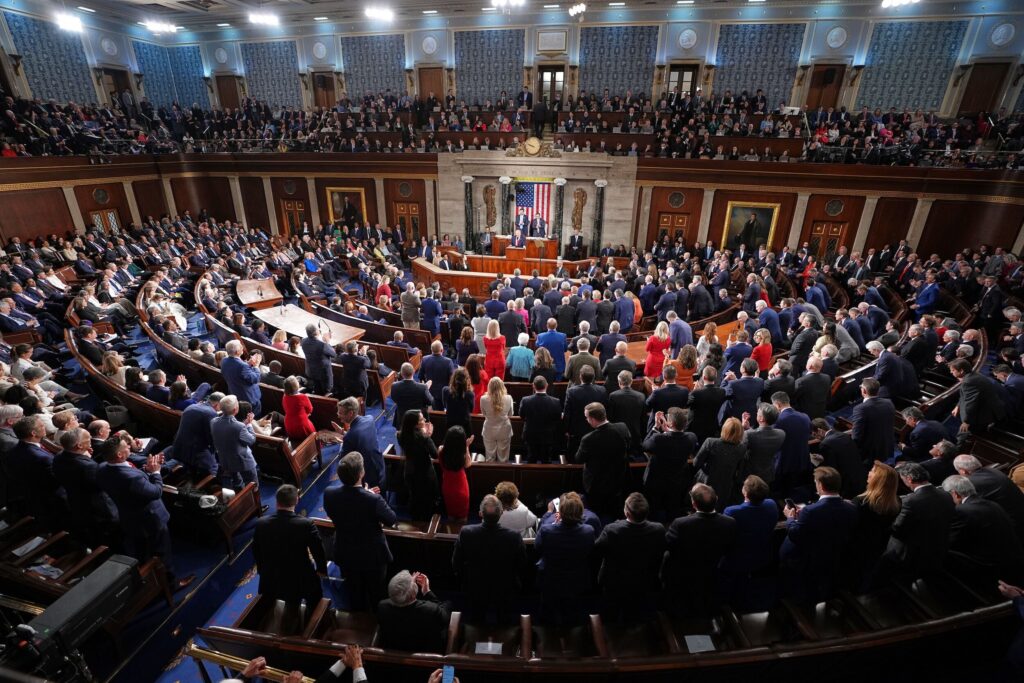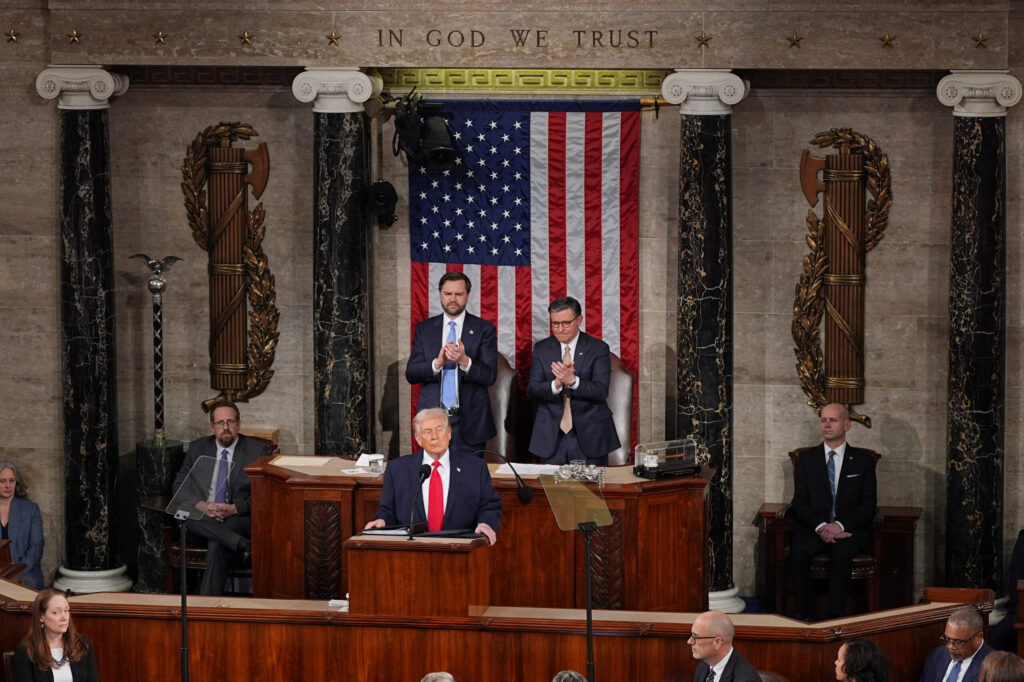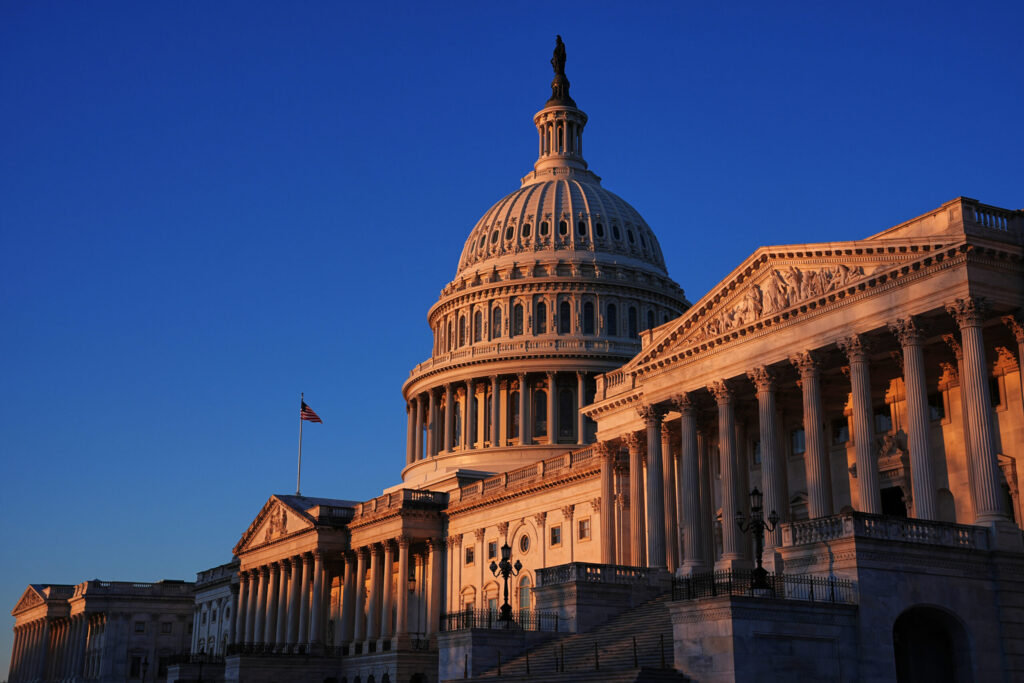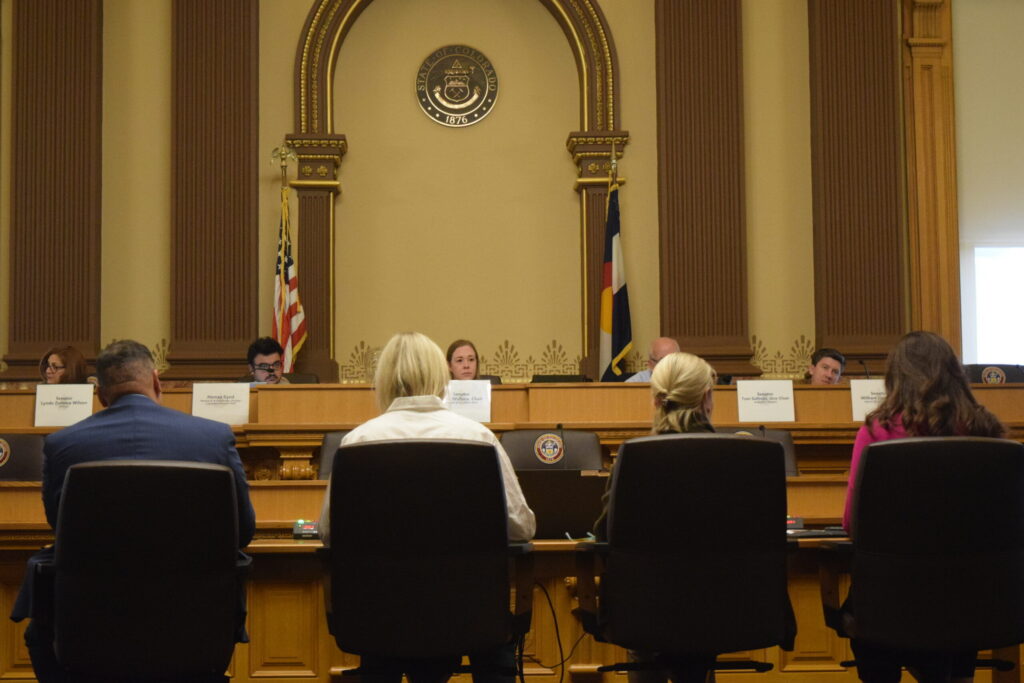PERA fix plows ahead to shore up Colorado public pension plan

A Colorado Senate committee listened to four and a half hours of testimony on how to fix the state’s shaky pension plan Tuesday, but it didn’t take a vote. Instead, the Finance Committee will reconvene Thursday to throw amendments at Senate Bill 200.
At stake is a plan to fill in a projected pension shortfall of $32 billion to more than $50 billion over the next three decades as state, local and school district employees retire. The Finance Committee was the first to get a whack at the bill that is likely to be rewritten at every step of legislative process, but needs to get to the governor’s desk before the General Assembly adjourns on May 9.
Without a fix, the pension plan for 1 in 10 Coloradans could tank in an economic downturn, or sink the state’s credit rating, which would mean state and local governments would pay millions more in interest rates, money that ultimately comes out of every taxpayer’s pocket.
Senate Bill 200 in its current form, would ask taxpayers and public employees to pay in more, while retirees would get less in dividends and cost-of-living allowances. It would also change the formula for when workers can accrue enough years to retire early with full benefits. The bill includes triggers to adjust contributions and benefits to avert future shortfalls that might not be able to withstand a significant economic downturn. And the way retirement benefits are calculated would depend on the average of an employees’ highest paid seven years instead of three.
And one of the stickiest points of all is allowing future employees to opt out of the pension and put their money into private 401(k)-type plans, instead. Supporters of the Public Employees’ Retirement Association say that could siphon away money needed to support retirees and worsen the problem, even though supplemental money in the current version of the bill would seek to mitigate that.
“It’s a comprehensive, financially responsible plan to address the unfunded liability of PERA and hopefully remove insolvency risks from the years going forward,” said Sen. Jack Tate, R-Centennial, one of the bipartisan bill’s sponsors.
He said the state shouldn’t take on the risk of future retirees if those workers don’t want to be in the state pension plan. Sen. Kevin Priola, R-Henderson, said most people don’t expect to work in the same job for decades and would probably prefer a more standard retirement investment system than have their money in a long-term pension fund.
“It makes sense for some employees but not for others.” Priola told the committee.
Tom Tonoli of Fort Collins, a past president of the Colorado Schools and Public Employees Retirement Asociation, said allowing people to opt out must come with a supplement for to make sure retirees aren’t harmed.
“If that is to be provided there needs to be, I would emphasize to you, insurance that it doesn’t come at the cost of the defined benefit plan,” he said.
Tonoli said the bill discussed Tuesday had that cost-neutral protection for retirees.
Kerrie Dallman, a Jefferson County teacher and president of the Colorado Education Association union, called the private plan – referred to as a defined contribution plan, instead of the pension’s defined benefit – is a terrible inclusion for a PERA fix
“Including a bad option isn’t giving an employee a choice,” she said. “And we can’t afford to invest in options that don’t provide a retirement security. Including a defined contribution plan and supplemental will not reduce PERA’s unfunded liability. In fact, it only increases the burden on our employers, who will have to contribute an additional 6 to 9 percent for each employee choosing it.”
Ron Baker, PERA’s interim executive director, said the pension board is eager to help, but it has concerns. The PERA board hasn’t yet take a position on Senate Bill 200.
“The PERA board recognizes this is the first step in a long process that we’re going to go through for the next few weeks and appreciates that we’re now at the starting point,” Baker said.
PERA questions the legality of changing the retirement formula for years of service to qualify for early retirement. It also questions the need for a legislative oversight board, called for in the legislation, and how it would deal with the existing PERA board.
Retired executive Brad Hughes, a conservative taxpayer advocate, said the legislative is too generous to the system. He called PERA “a ticking time bomb” that needs deeper cuts and contributions from those other than taxpayers.
“The system is clearly broken,” he told the Senate committee. “We need to protect the taxpayer, because the taxpayer is struggling to for their own retirement.”
Editor’s note: This story was corrected to say the Senate Finance Committee meets on Thursday.



